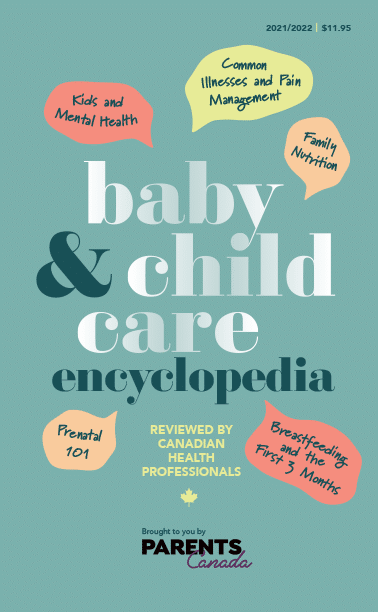Expecting
6 min Read
Second and Third Trimester and Pregnancy Myths

July 1, 2024
Expecting
6 min Read

July 1, 2024

As you get further into your pregnancy, a number of questions may arise. Many of these queries can be categorized under things that start happening to your body and have you wondering, “Is this normal?” (More often than not, the answer is yes, and we’ve got tips to help you cope.)
Here are a few common issues in the second and third trimesters of pregnancy, and how to deal with them.
You may also experience increased skin temperature (being pregnant can make you feel like you’re in a sauna sometimes!), dry skin, increased urination due to pressure on your bladder, increased hair growth, new or continued constipation, increased vaginal discharge and hemorrhoids. Heavily pregnant women are also more prone to dizziness, nasal problems and urinary tract infections. Ahhh, the miracle of life! (Don’t worry, your baby is going to be really cute to make up for all of this.)
BRAXTON HICKS contractions are often referred to as “false labour” as they involve the tightening of your uterus and mimic early labour in sensation. While Braxton Hicks may be uncomfortable, they should not feel painful and will not cause your cervix to dilate the way labour contractions do. Not sure which you’re experiencing? Try timing each episode. Braxton Hicks contractions do not follow a pattern, increase steadily in frequency or become longer in duration over time. They are felt in the belly only and can sometimes be alleviated by a change in position. Most importantly, Braxton Hicks are nothing to worry about – they’re a totally normal part of a healthy pregnancy.
You’ve probably heard a few old wives’ tales about pregnancy—you know, those time-honoured medical “facts” that are dutifully passed down from generation to generation. While people often mean well, this information isn’t always accurate. Here are a few common statements and the realities of each.
If you’re carrying low, it’s a girl. False: The shape of a woman’s body during pregnancy is the result of uterine and muscle tone, along with the baby’s position. Carrying “higher” or “lower” does not indicate the sex of the baby.
A high heart rate measurement on a fetal monitor means your baby is a girl. False: There is no medical research that indicates a baby with a high heart rate will be a girl. In fact, pretty much any non-medical prediction of sex is a myth!
Sex can bring on labour. True: Sex really can help bring on baby. Semen contains prostaglandins that can help soften your cervix and stimulate labour. However, it is not a sure-fire way of achieving labour and will only happen if your baby is ready to be born. Sex before 37 weeks is very safe and will not bring labour on. If you feel comfortable getting intimate with your partner, go for it!
Pregnancy is an emotionally vulnerable time and even when things are going well, it can be mentally challenging. Many mothers-to-be are fraught with pregnancy fears—miscarriage, fetal health complications, the pain of delivery itself or other concerns. They may be experiencing conflict with their partner, professional challenges, financial strain or other personal stresses. In some cases, everything appears “fine” on the surface, but they still feel overwhelmed with anxiety or emotion.
Women are sometimes hesitant to give voice to these feelings, particularly when they don’t want to seem as if they’re complaining or unprepared for motherhood. However, you don’t have to hide or downplay your emotions, or suffer in silence. It’s important to acknowledge that you have concerns and to speak to your healthcare team to get answers and support. It’s normal to have questions and doubts or feel overwhelmed. Talk to your partner, family and close friends or seek out a supportive group of other expectant mothers. Connect with a therapist if you think it may help. If you are experiencing significant anxiety, depression or feelings of self-harm, please seek help or contact your doctor immediately. Support is definitely available.
